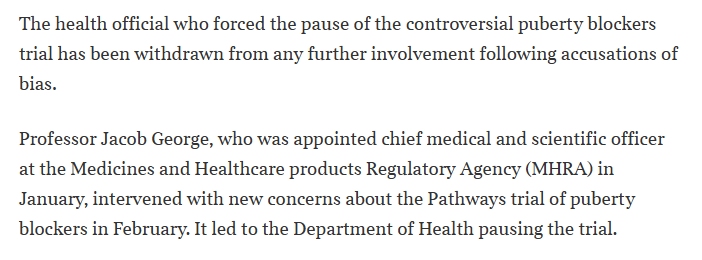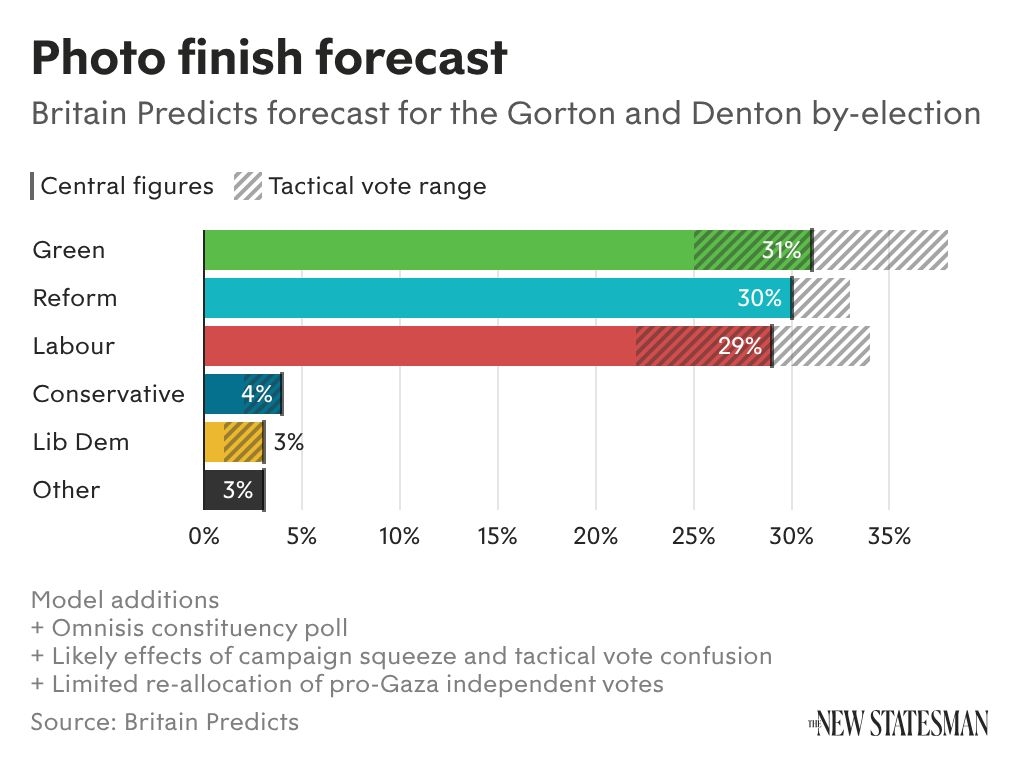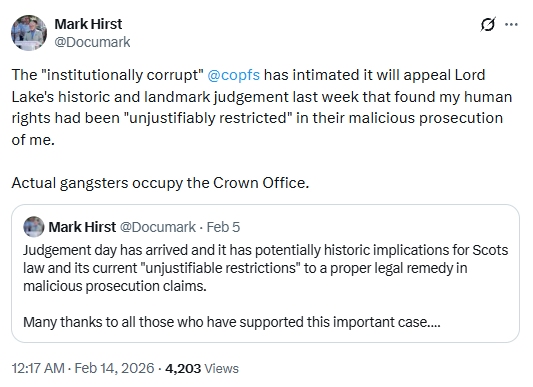For First Minister’s Drug Policy, Better to Ask for Forgiveness than Permission

The recent data on Scotland’s drug deaths is not just a national tragedy; it is also a source of international shame. Scotland – a leading progressive light on so many issues from women’s rights to immigration – has come to seen as regressive when it comes to drug policy, with Scotland’s drug morality rate now 15 times higher than the European average. While public health experts and drug users alike know what the solutions are, the First Minister has used a lack of devolved powers and the auld enemy in London as an excuse for inaction. Yet the Scottish government should pursue a strategy of “better to ask forgiveness than permission” on drug policy, doing what is right for Scotland and daring the authorities in London to block policies that save lives.
The First Minister is prone to give the impression that her hands are tied when it comes to the solutions to Scotland’s drug deaths. On the one hand, experts readily agree on what Scotland needs to do to reduce drug deaths. They point to the need for safe consumptions spaces, heroin-assisted treatment, drug decriminalization, and cannabis legalization as policies that would take Scotland in the direction of a more progressive and humane drug policy. On the other hand, the SNP points out that powers over criminal law reside with Westminster, and until Downing Street opts to devolve these powers, there is nothing the Scottish government can do.
Such a stance ignores the recent history of drug policy reform around the globe. I was born and grew up in Glasgow, but for the last ten years I have worked in drug policy and criminal justice reform in the United States and Spain. In the U.S., cannabis is legal in fifteen states and the nation’s capital, yet it is still illegal under federal law. This strange scenario has unfolded because states were willing to take unilateral action to change unjust and ineffective drug laws, despite running the risk of a conflict with the national government.
When Colorado and Washington state first legalised cannabis in 2012, I was working a few blocks away from the White House. My organization had led efforts to legalize cannabis and we were unsure how the Obama Administration would react to this apparent breach of federal law. Would they use the courts to block legalisation? Would they send federal agents to shut down cannabis dispensaries and arrest business owners? In the end, the states faced down President Obama and he blinked, issuing a memo that allowed legalization to go forward. More states quickly followed the example of Colorado and Washington, and Congress even took certain steps to harmonize the state v federal law conflict in favour of the states. When Trump took office, his Attorney General (a vociferous opponent of legalised cannabis) threatened to crack down on legal cannabis, but was met with such vehement opposition from the states that he ended up doing nothing.
Just recently, Oregon decriminalized drug possession. These reforms have happened over the objection of the federal government, including the threat of legal action and intervention. They have also happened when there is an unclear legal standing on the states' ability to take these actions in the first place.
In 2017, I spent a year studying drug policy reform in Spain. Autonomous regions in Spain, like Catalonia and the Basque country, were faced in the early 1990s with a huge drug death crisis and intransigence by the national government. While these regions lacked power over certain criminal laws, which resided in Madrid, they were able to nonetheless push the envelope. In Catalonia, for example, the regional government allowed safe consumption spaces, heroin-assisted treatment, take-home methadone, opioid substitution and syringe programs in prison, mobile methadone clinics, and drug checking services to prevent accidental overdoses. They also allowed cannabis clubs. They passed laws at the regional level to permit these programs. At times, the central government and its courts sued. Some cases they won some they lost. But each intervention by the central government in Madrid against what Catalonia was doing only bolstered the case locally for the interventions, increased support for the regional government gaining the necessary powers, and even boosted support for independence. At the end of my time in Spain, I partnered with Constanza Sánchez Avilés of the Spanish drug policy organization ICEERS to write about the U.S. and Spanish approach, which we called “Better to Ask Forgiveness than Permission”.
My current work in Baltimore has used a similar approach. In my role as policy director for the city’s lead prosecutor – State’s Attorney Marilyn Mosby – I have helped push policies that end the prosecution of drug possession and sex work. We recently launched an effort to release people serving life sentences. The rise of a new “progressive prosecutor” movement has inspired such action, with many prosecutor across the country, including my boss, using their authority as prosecutors to push the envelope on criminal justice policy, often over opposition and threats from Trump, police, politicians, and more.
There is no reason why First Minister Nicola Sturgeon cannot pursue a similar strategy when it comes to her dealings with London on drug policy. She should be willing to pass laws and promote initiatives that will reduce drug deaths in Scotland, and then see what reaction London has. This approach would have two clear benefits for the SNP. First, it would show the Scottish people that Mrs. Sturgeon has the fortitude to stand up for what is right for Scotland, regardless of what London believes. Second, as shown in Catalonia, any intervention by London to block the will of the Scottish people would be met with public outrage, which in turn would bolster the case for independence.
In some ways, Scotland is already pursuing this strategy through the actions of one brave individual, Peter Krykant. Mr. Krykant’s management of a safe consumption space in Glasgow has left the Lord Advocate and the Scottish Government with a dilemma. They can arrest and jail a man who for pursuing an evidence-based strategy that saves lives, because of what they fear London laws may say, or they can allow Mr. Krykant to do his important work and see what reaction – if any – comes from the British government. Mr. Krykant embodies the strategy of “better to ask forgiveness than permission”. Thus far, Mr. Krykant has been allowed to do his work with minimal interference from any party. His approach has strong parallels with the actions taken by jurisdictions in the U.S. and Spain, when they challenged nonsensical and outdated national drug laws. It is an indictment of the SNP that it has taken one courageous person to do what the most powerful people in Scotland will not.
The experiences of Spain and the U.S. demonstrate what is possible in Scotland. Mr. Krykant has also provided the First Minister with an example of the “better to ask forgiveness than permission” strategy in action. Mrs. Sturgeon knows what the solutions are and should pursue Mr. Krykant’s approach by allowing drug decriminalisation, heroin-assisted treatment, cannabis legalisation, and more. Now is the time for Scotland to regain its progressive title by adopting a humane, evidence-based drug policy. Thousands of lives depend on doing so.
What's Your Reaction?











































